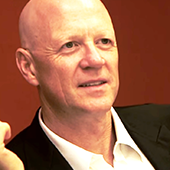
Leif Wenar holds the Chair of Philosophy and Law at King's College London. He founded cleantrade.org. Wenar was a Carnegie Council Justice and the World Economy Fellow from 2004–2005.
He is the author of Blood Oil (Oxford University Press 2016) and his work has appeared in Ethics, Philosophy & Public Affairs, Mind, Analysis, Politics, Philosophy & Economics, Columbia Law Review, and The Philosopher's Annual.
Featured Work
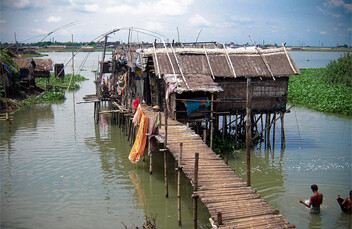
JUN 1, 2012 • Article
Policy Innovations Digital Magazine (2006-2016): Commentary: Principle vs. Practicality: A Closer Look at the Ethics of Climate Change Adaptation Finance
Mixing the principles of causality, vulnerability, and ability to pay into the negotiations over climate change adaptation is unnecessarily complicated. There are moral and political ...
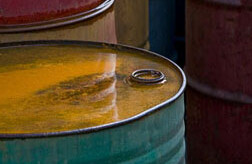
JUN 2, 2011 • Podcast
Leif Wenar on Natural Resources and Clean Trade Policies
Consumers in countries that import natural resources are often unwittingly in business with dictators, corrupt officials, and armed groups, says Leif Wenar. Yet we could ...
OCT 7, 2008 • Podcast
Public Ethics Radio: Leif Wenar on the Resource Curse
There is a powerful case that corporations and countries that buy natural resources from bad actors in developing countries are violating the property rights of ...
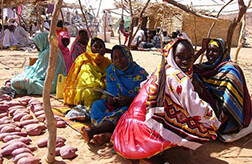
FEB 1, 2008 • Article
The Resource Curse: A Clean Hands Trust for the People of Sudan (Part 4)
Wenar argues that a trust-and-tariff mechanism could be used against countries that insist on buying resources from the worst regimes. The revenues would go to ...
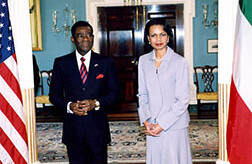
FEB 1, 2008 • Article
The Resource Curse: Stopping the Flow of Stolen Resources (Part 3)
Calculations show that oil companies illicitly transport into the U.S. over 600 million barrels of oil each year. This is 12.7 percent of U.S. oil ...
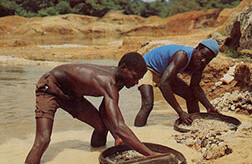
FEB 1, 2008 • Article
The Resource Curse: Might Makes the Right to Sell? (Part 2)
Customary practices left over from the era of absolute state sovereignty still give property rights to whoever can exert coercive control over a population. This ...
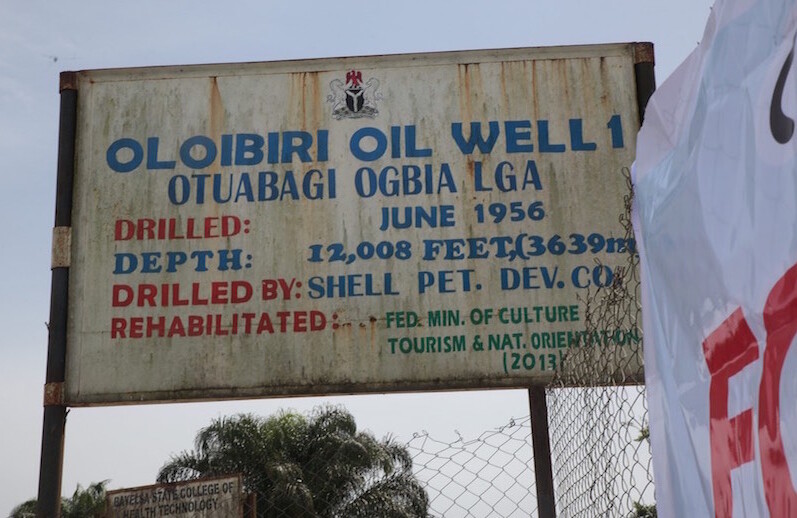
FEB 1, 2008 • Article
The Resource Curse: Property Rights and the Resource Curse (Part 1)
Because of a major flaw in the international trade system, consumers in rich countries unknowingly buy stolen goods every day. The raw materials used to ...
AUG 2, 2005 • Article
Accountability in International Development Aid
Wenar examines the concept of accountability, surveying the general state of it in development agencies. He proposes greater accountability in international development,&...